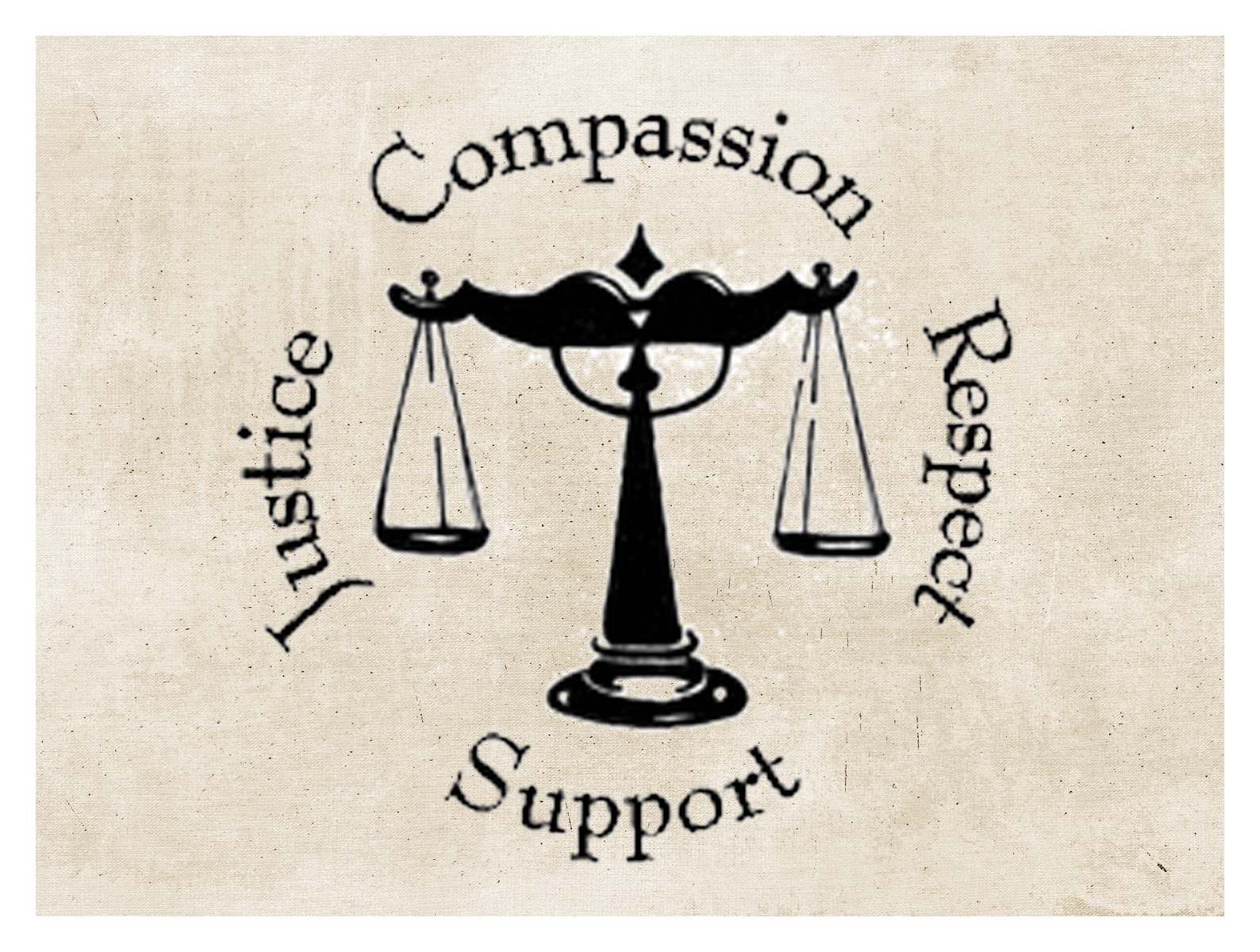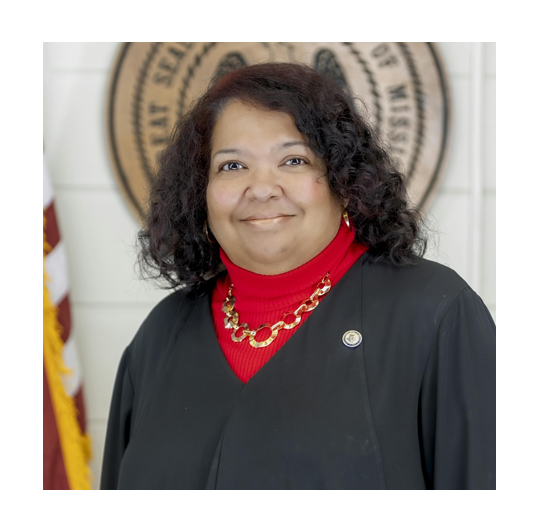
What You Can Do
- Develop a good relationship with law enforcement officials and the prosecutor handling your case.
- Keep the district attorney’s office informed during all stages of the criminal justice process, and contact the Victim Assistance Coordinator.
- Keep a written journal. Begin with your activities prior to the crime, and include all contact you make about the crime regardless of how minor they may appear.
- Prepare a Victim Impact Statement for the judge, prosecutor, probation officer and corrections officials.
- If a probation officer is involved in the case, it is also important to keep him/her informed.
- Seek professional counseling and/or a local support group if you are having difficulties overcoming the trauma of the crime.
You will want to inform the office of:
- Your address and phone numbers, and any changes
- Your desire to be kept informed
- How you would like to be informed
- Facts and information important to the investigation of the case
- Your feelings regarding plea bargaining negotiations; and
- Your concerns for safety from the offender
Include the following items in your journal:
- Date and time of your conversation
- Everyone who took part in the conversation
- Nature of the conversation (include specific details, especially if any decisions were made)
- Actions to be taken and by whom
Be sure to let the officer know:
- Your address and phone numbers, and any changes
- Your willingness and desire to be involved
- How and when they can contact you
- The details about the case and how the crime has affected you
Responding to the media
In some cases, victims may also find themselves facing the attention of the media. Some individuals may experience negative emotional, mental or legal effects when responding to the media. It is important to know that you have rights when you are asked by the media to talk about your experience.
The National Center for Victims of Crime provides the following guidelines for victims who choose to talk with the media.
Victims have the right
- To say “no” to an interview
- To select the spokesperson or advocate of their choice
- To select the time and location for media interviews
- To request a specific reporter
- To refuse an interview with a specific reporter even though they have granted interviews to other reporters
- To say “no” to an interview even though they have previously granted interviews
- To release a written statement through a spokesperson in lieu of an interview
- To exclude children from interviews
- To refrain from answering any questions which are uncomfortable or the victim feels are inappropriate
- To know in advance the direction the story is going to take
- To avoid a press conference atmosphere and speak to only one reporter at a time
- To demand a correction when inaccurate information is reported
- To ask that offensive photographs or visuals be omitted from broadcast or publication
- To conduct a television interview using a silhouette or a newspaper interview without having a photograph taken
- To completely give their side of the story related to the victimization
- To refrain from answering reporters’ questions during the trial
- To file a formal complaint against a journalist
- To grieve in private
- To suggest training about media and victims in their communities
By contract, the following are positive emotional and mental effects some victims have experienced when working with the media:
- Re-telling of the victimization/loss was therapeutic
- Provided a memorial to a loved one
- Avoided all the attention being focused on the perpetrator
- Prevented the perpetrator from gaining notoriety, publicity and justification for the crime
- Allowed victims/survivors an avenue to express their anger
- Helped with the investigative process
- Increased a general understanding of the victim/survivor’s suffering/loss
Always remember that it is the right of the victim/survivor to decide whether or not to work with the media.
BREAKING NEWS

XAN MCCLENDON, JR. AKA NICHOLAS SAVAGE CONVICTED FOR VIOLENT MURDER OF ELDERLY VICTIM

JURY FINDS POLK GUILTY ON 5 COUNTS OF SEXUAL BATTERY

BOGAN, JR. SENTENCED IN MICHAEL HARVEY KILLING
VICTIM ASSISTANCE COORDINATORS

Markeda Brown

Tamika Crawford

Lisa Henry

Carla Jones

Tijwana Williams
OUR OFFICES
PROCESS & MUNICIPALITIES & LEGALITIES
Our Mission • Judicial Process • Municipalities • Disclaimer of Liability • Indemnification • Cookies
RESOURCES
© 2022 MISSISSIPPI DELTA DISTRICT ATTORNEY.
ALL RIGHTS RESERVED. WEBSITE DESIGN BY THAT CREATIVE GUY.



